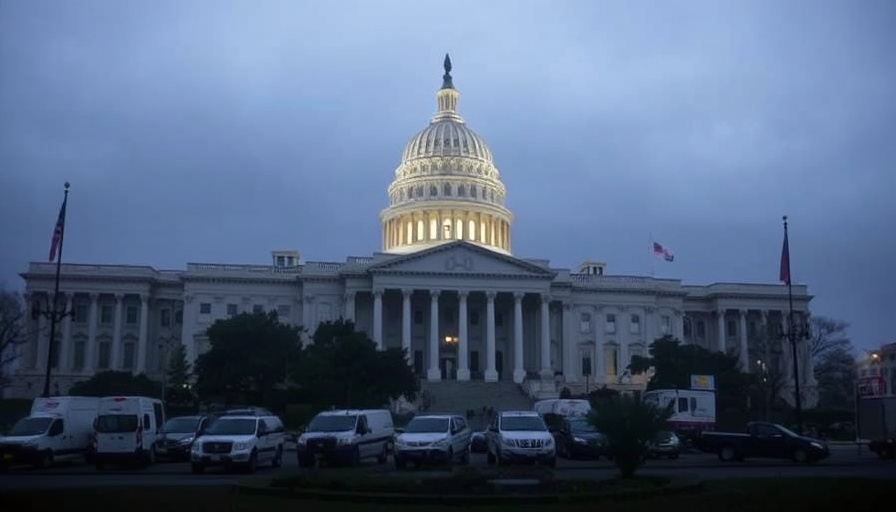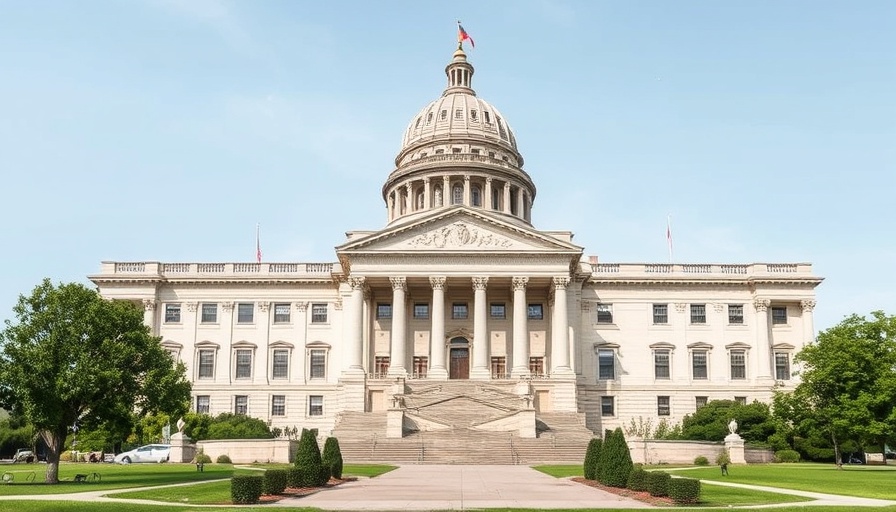
The Charge Against FEMA: Understanding the Discontent
The Federal Emergency Management Agency (FEMA) has recently found itself at the center of criticism as the aftermath of various disasters continues to unveil cracks in its operational capabilities. Critics from both the public and lawmakers are voicing growing frustrations about the agency's response to natural disasters, particularly with respect to the barriers homeowners face when seeking aid following devastating events.
In recent congressional discussions, lawmakers have expressed the need for FEMA to adapt. Their discontent stems from various systematic failures that have hindered timely aid to disaster-stricken communities. This ongoing rancor presents an opportunity for bipartisan solutions.
A Bipartisan Path Forward: Can Cooperation Heal the Divide?
Despite the tensions surrounding FEMA, some lawmakers are striving to craft a bipartisan approach to reform the agency. Achieving this means addressing the key issues head-on, encompassing funding allocations and streamlining processes to facilitate quicker aid distribution. Legislators emphasize the importance of working across party lines, stating that the focus should be on alleviating homeowner burdens, especially in recovery from costly and life-altering failures.
Homeowners Want Clarity: What Challenges Do They Face?
The frustrations faced by homeowners go beyond bureaucratic obstacles. Many individuals struggle with the complex application processes and unclear communication from the agency. A significant number of applicants report feeling lost amid changing guidelines and paperwork. It leads to many gaps in the very purpose FEMA is meant to serve. If homeowners are unable to navigate recovery assistance opportunities, they may face prolonged hardships in the aftermath of their losses.
Lessons from Recent Disasters: How History Influences the Future
Looking back at recent disasters, such as hurricanes and wildfires, it’s clearer now than ever how vital responsive systems are for homeowners. Each disastrous event serves as a lesson for future preparedness. The need for reconstructing FEMA aligns with historical lessons—agencies need to evolve to meet changing environmental realities. By drawing upon experiences from past responses, lawmakers can approach the current inefficiencies with fresh perspectives while maintaining a focus on aid accessibility.
The Role of Contractors in Disaster Recovery: A Crucial Contribution
In the face of this evolving narrative, home service contractors stand at a pivotal juncture. During periods of disaster recovery, contractors often become essential resources for homeowners needing immediate action. They provide clarity and expertise, assisting clients in understanding what they can claim from FEMA and how to expedite repairs. Developing a marketplace dynamic wherein contractors display their knowledge can facilitate smoother transitions from recovery to rehabilitation for homeowners.
Looking Ahead: Future Predictions for Home Recovery
As the bipartisan talks progress, it is crucial for homeowners and contractors to remain informed and prepared. Should the suggested reforms take root, it may lead to more efficient systems that aid quick recovery—fostering resilience in communities that face natural disasters annually. Predicting the next steps, homeowners can expect improved communication from FEMA, likely resulting in more accessible resources and stronger partnerships with contractors.
This shaky yet hopeful landscape invites all parties—lawmakers, contractors, and homeowners—to engage in dialogues about solutions that serve the common good. While FEMA’s history is filled with challenges, the commitment to making positive changes signals a path toward a more collaborative future.
 Add Row
Add Row  Add
Add 






Write A Comment